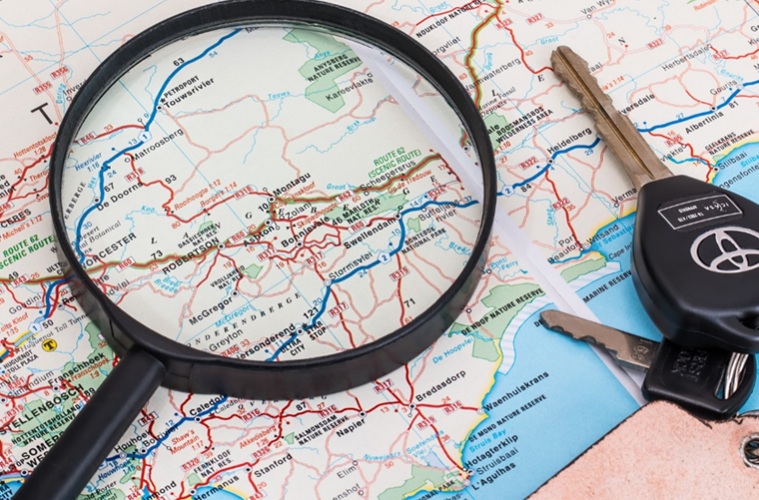It’s easy to see the appeal of driving abroad abroad. It allows you greater freedom when exploring your destination, you’ll get to take in the scenery at your own pace, and you won’t need to depend on potentially unreliable public transport to get around. Plus, if you plan on driving to and from your destination in your own car, you could even save money on plane tickets.
But, if you’ve never driven in a foreign country before, there are a few things you should know before you travel, especially if you’re feeling nervous about your first car journey abroad. Just read on to find out what you need to do to stay on the right side of the law and keep everyone in your vehicle safe during your trip.
1. Bring the right documents with you
Wherever your journey will take you, you’ll want to have all of the necessary documents in the car with you as you travel. In certain countries you could be asked to show your travel documents at any time, so keep them where you can easily access them during your journey. It’s a good idea to keep the following essentials in a document holder in your glove box:
- A full UK driving licence—be sure to check it’s still in date.
- Your car’s registration documents (also called a V5c).
- Your insurance certification. Remember, you might need to inform your insurer that you’re going abroad, or your insurance may not cover you.
- A valid passport.
- Your travel insurance documents.
- Any visas you will need in the country you are visiting.
Remember that there could be other forms of documentation that are specific to the country you are visiting, so check before you travel.
2. Plan every aspect of your journeys
Before you set off, you’ll want to familiarise yourself with every stage of your journey. Create a schedule and plan in a few stops for rest and refuelling along the way. It’s a good idea to bring a couple of detailed, up-to-date paper maps with you: while sat-navs and smartphones can be useful navigational tools, you’ll want to keep a backup to hand in case your device breaks or its battery dies.
When it’s your first time driving abroad, it can be all too easy to underestimate how much time you’ll need. If you have to be at your destination by a certain time, or if you’re catching a ferry, build plenty of extra time into your schedule in case of delays. When travelling by ferry, remember you’ll need to allow for additional time to board, too, as there can be long queues.
3. Thoroughly research the laws in your destination country
You don’t want a driving offence or accident to spoil your holiday, so do some research into the rules and regulations of the country you will be visiting. Remember that street signs, speed limits, and drink driving laws may be different from those you’re used to in the UK: you can find out more in this guide to European driving laws from Lookers. If you’ll be driving through multiple countries, it’s well worth taking a break each time you cross the border to re-familiarise yourself with the rules and regulations you’ll have to obey as you drive.
One major difference is likely to be the side of the road you need to drive on. While you may be used to driving on the left-hand side of the road in the UK, the traffic in other countries usually drives on the right. It can be surprisingly easy to forget to drive on the opposite side of the road, especially when doing something familiar, like leaving a car park or service station. If you think you’ll need a reminder, try placing a small note or sticker on your dashboard. If you’re not sure about the country you plan to visit, then you can find a full list of countries where traffic drives on the right in this guide from World Standards.
4. Apply for any licences or permits you’ll need
Sometimes, you’ll need a permit or licence in order to drive in certain countries or districts. For instance, in certain French cities – such as Paris, Lille, Lyon and Grenoble – you’ll need to display a Vignette Crit-Air on your windscreen. This sticker will display your car’s emissions rating, and is a requirement under French law. Without it, you could face a fine, so be sure to apply for a Vignette well in advance of your journey.
If your trip will take you beyond the European Union, you’ll need to apply for a Carnet de Passage. This is an internationally recognised document that will let you avoid duty charges when driving into a country that requires a deposit to be paid on imports (technically speaking, your car counts as an import). All UK residents with a vehicle that’s registered in the UK can easily apply for a Carnet de Passage.
Driving in a foreign country for the first time can be a stressful experience but, if you prepare before you travel, you should have nothing to fear. As long as you remember to pack your travel documents, thoroughly research your route, and apply for any necessary permits, you’re sure to have a great time exploring your destination by car.



